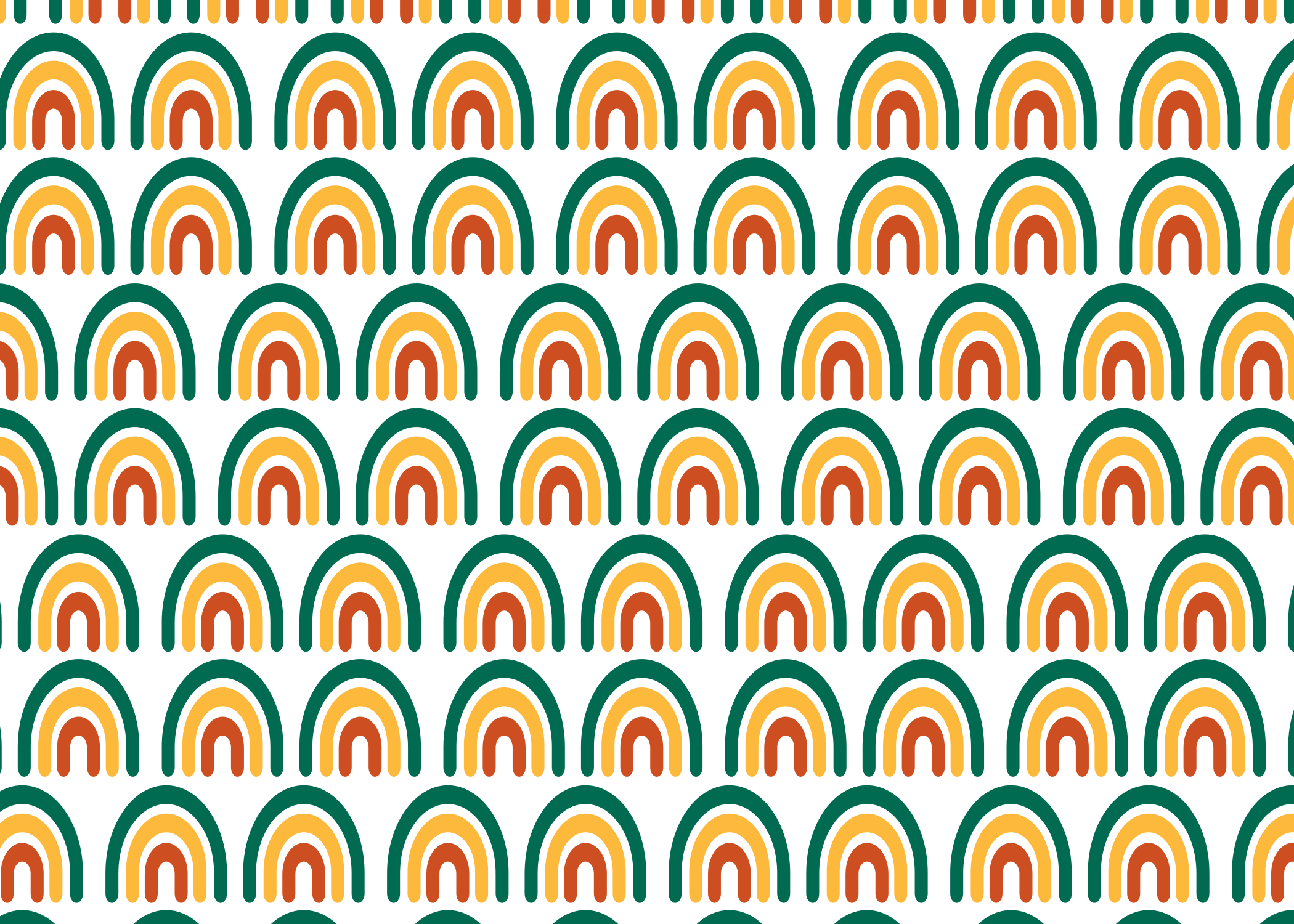Ghanaian culture is rich with myths and taboos that have been passed down for generations. While many of these beliefs served important cultural or moral purposes, science often tells a different story. In this article, we’ll explore 10 popular Ghanaian myths and uncover the scientific explanations behind them.
1. Whistling at Night Attracts Snakes
The Myth: People believe that whistling at night draws snakes into your home.
The Science: Snakes cannot hear whistling. They sense vibrations through the ground, not airborne sounds. This myth may have been created to keep children from making noise at night.
2. Eating Eggs Makes Children Thieves
The Myth: A child who eats eggs will grow up to be a thief.
The Science: Eggs have nothing to do with stealing. They are highly nutritious, providing protein and vitamins. This belief likely came about when eggs were scarce, and parents wanted to prevent children from consuming them.
3. Pregnant Women Should Not Walk in the Rain
The Myth: Rainwater harms unborn babies.
The Science: Rain itself cannot affect pregnancy. The real danger is catching a cold or infections from staying wet too long.
4. Bathing at Night Causes Illness
The Myth: Bathing at night makes you sick.
The Science: Illness is not caused by night baths. The risk only comes from exposure to cold or using unclean water.
5. Sitting on a Mortar Causes Infertility
The Myth: Sitting on a mortar (used for pounding fufu) will make a person infertile.
The Science: There is no medical connection between sitting on objects and infertility. This belief may have been used to stop children from misusing kitchen utensils.
6. Giving With the Left Hand Brings Curses
The Myth: Using the left hand is spiritually dangerous and disrespectful.
The Science: Left-handedness is natural and not cursed. The taboo probably came from hygiene practices, as the left hand was traditionally used for cleaning oneself.
7. Walking Over Food Makes It Spiritually Dangerous
The Myth: Stepping over food makes it unfit to eat.
The Science: Food quality does not change when someone walks over it. The idea likely existed to discourage unhygienic behavior around meals.
8. Owls Are Messengers of Witches
The Myth: Owls are believed to be connected to witchcraft.
The Science: Owls are simply nocturnal birds. Their eerie night calls may have frightened people in the past, but they actually help humans by eating rodents.
9. Children Who Eat Fish Tails Talk Too Much
The Myth: Eating fish tails makes children talk excessively.
The Science: Fish tails have no effect on speech. This myth may have been created so adults could enjoy the tastier parts of the fish.
10. Sweeping at Night Sweeps Away Wealth
The Myth: Sweeping your home at night removes blessings and money.
The Science: There is no spiritual effect. In the past, homes had poor lighting, and sweeping at night could make someone accidentally throw away valuables.
Conclusion
Ghanaian myths are not just “superstitions” they carry deep cultural meaning and often reflect wisdom about hygiene, respect, or resource preservation. However, science helps us separate fact from fiction. By understanding both the cultural significance and the scientific truth, we can appreciate our traditions while making informed choices today.
